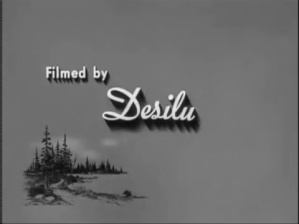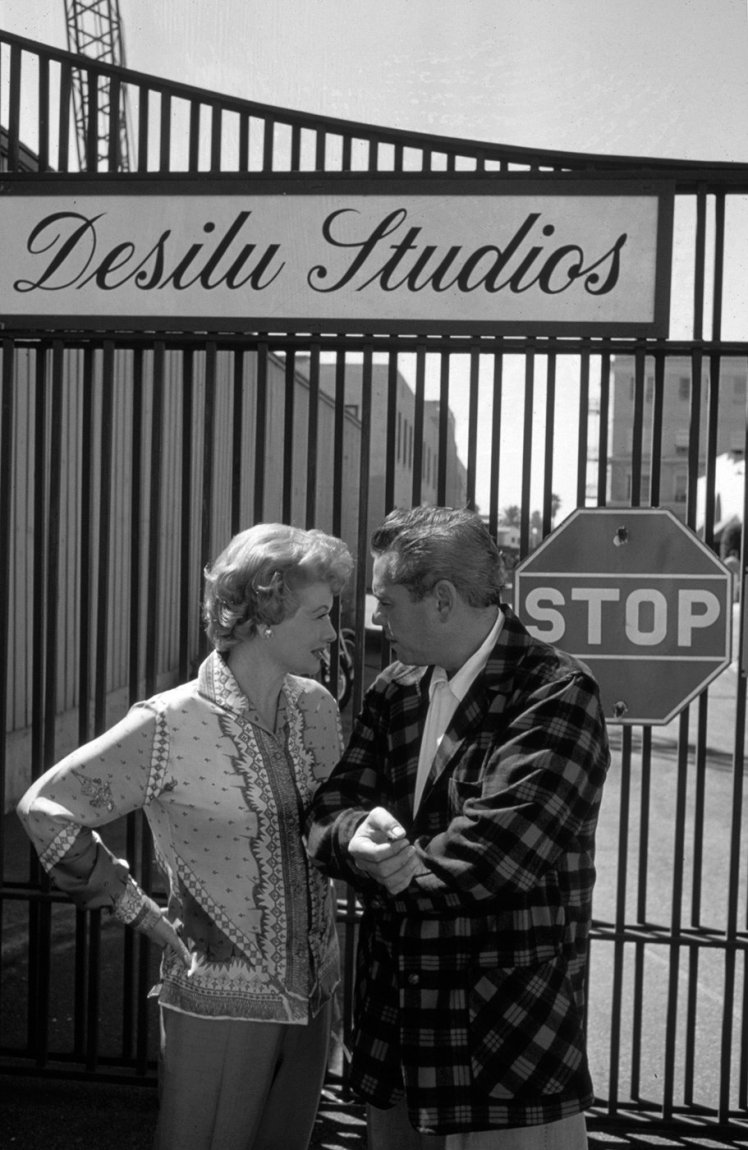
Everyone knows Lucille Ball as I Love Lucy and starring her other success TV shows. From the early 1950’s through the early 1970’s, she was almost continuously in a weekly television series. Prior to that she appeared in many films in the 1930’s and 1940’s. It wasn’t until she married Desi Arnaz and agreed to do I Love Lucy, a series they would own, and that Lucille Ball became a household name.
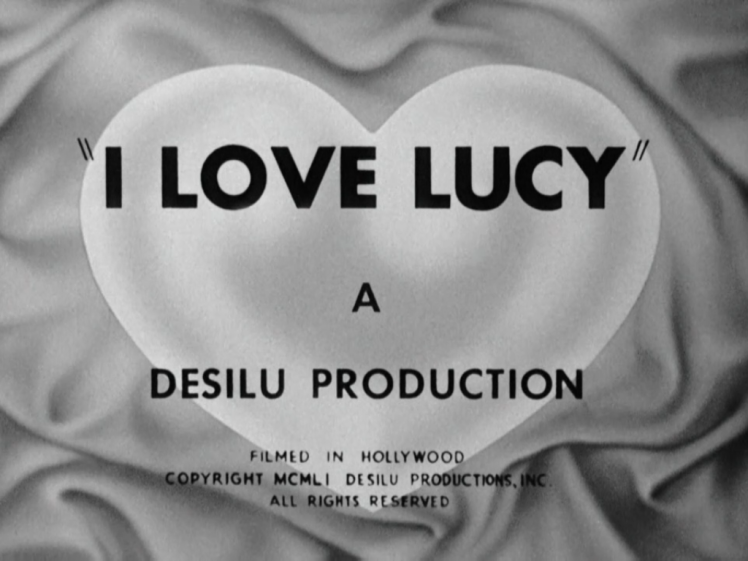
As producers of I Love Lucy, Lucy and Desi set up their own production company, Desilu Productions. The company grew because of the success of the series and branched out into producing other television series and expanding their production facilities (acquiring RKO Pictures). Besides their own productions, Desilu provided production space to other series (The Jack Benny Show, The Real McCoys).
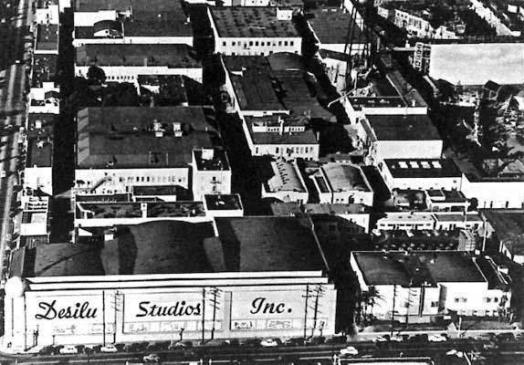
After Lucy and Desi divorced, he continued to run the studio until she bought out his share in 1962. With 52 percent of the stock, she ran the production company until she sold it in 1967. The company produced The Untouchables, Our Miss Brooks, December Bride, and many other series. As the president of the company, Lucy was involved in deciding what shows were accepted for production and overall responsibility for the production studio. She was the first woman to own and head a major production studio. She did this while starring in her own weekly television show. Everyone knows her as one of the most talented comediennes, but fewer people understand her business career and her ability to pick and nurture series that became part of our pop culture.
Under her leadership, Desilu produced Star Trek and Mission Impossible, and green-lighted Mannix, before selling the company to Gulf+Western, which owned Paramount Pictures, and eventually the rights were sold to CBS. Even in the early years of Desilu, when Desi was still involved in the studio, it was Lucy who looked over scripts and was involved in many of the creative decisions. Lucy was known to refuse the advice of her board of directors in deciding what projects to move forward with. Star Trek was one example. Not only did she decide to fund the initial pilot, after it was rejected by NBC for the regular schedule, she again decided to invest in a second pilot which led to the three year run.
Each year when The Lucy Show came up for renewal, she hesitated and negotiations were often slow. CBS, besides providing the largest production budget for a sitcom, annually have Desilu development money and agreed to pick up so many Desilu projects each year. Desilu spent considerable money on new projects, always looking for new income streams to a studio that seemed to bleed money. Board meetings were sometimes contentious with stockholders questioning expenses and even Lucy’s compensation. Desilu was a vast studio, employing nearly 2,000 people, and it increasing became a landlord to other productions. Lucy could have kept the development money CBS provided to increase the studio’s profitability, but she was looking for longer term growth.
Did she want to continue doing The Lucy Show? After Vivian Vance and other creative people left the show, along with the grind of a series and her studio responsibilities, she may have continued in part to maintain the income stream to the studio. She had offers to merge with other production companies and to sell the studio to real estate developers. The studio property was rapidly increasing in value. Also, after Desi left, he continued to consult him on projects but it is said that she never got used to the roles she had to assume, without him.
Imagine the number of time I Love Lucy, Star Trek, Mannix, The Untouchables and Mission Impossible – after their initial runs – have been shown in repeats, syndication, on cable television and sold on DVD. Part of the reason for their life is arguably the quality of the production, which originated with Desi Arnaz. Beginning with I Love Lucy, he insisted on the programs being filmed and top-notch production techniques used, which has helped ensure their long life. Look at the production values of Star Trek and Mission Impossible, and compare them to the production quality of other television shows of the era. Desilu spent the money, ensuring high production costs, but focusing on the quality.
After selling Desilu, she set up a new production company for her new television series, Here’s Lucy. Through a series of deals, I Love Lucy was sold to CBS, and other Desilu properties also ended up with CBS, the original network that televised I Love Lucy.
“I’d rather regret the things I’ve done than regret the things I haven’t done.”While Desi Arnaz made very good deals at the time for selling the rights to their product, imagine the forever income stream that I Love Lucy, The Untouchables, Star Trek, The Lucy Show, Mannix and Mission Impossible have provided to CBS.
When Lucy agreed to do I Love Lucy, it was her intention to have a project that kept her husband at home and provide them a steady source of income. She was not focused as much on her career as on her home and marriage. What she got was a giant hit series and production company but it did not provide her the marriage stability she hoped for. I do not think she ever contemplated running one of the largest and most successful production businesses in Hollywood but she was very good at it. Not every series was a success and the company required a steady stream of income. Quality programming was nice but didn’t pay the bills. When she sold the business, she might have underestimated the long-term earning potential decades into the future, but the nature of independent production was risky and expensive. Was she right to sell, to get a good price and move on?
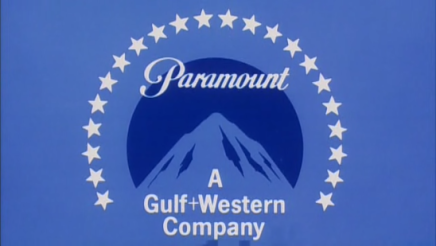
Desilu was folded into Paramount as their television production division. Mission Impossible and Mannix lived on for years under the Paramount logo. I Love Lucy has never been off the air. Somewhere on your cable or over the air dial you can see Lucy, Ricky, Fred and Ethel in their zany daily episodes. If the show had been cancelled early in its run, or Desi had used video kinescope recordings rather than more expensive film, the show might have been relegated for late night or strictly oldies channels. The foresight that began with Desi and continued by Lucy for quality, innovation, and taking a chance, have paid off for seven decades and counting. Talented performers, smart business owners.
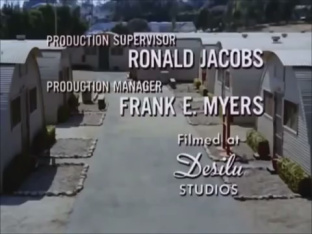
The next time you watch The Andy Griffith Show, Gomer Pyle, USMC, Star Trek, I Love Lucy, or a host of other television series, watch for the “filmed at Desilu” credit at the end. You can’t miss it.